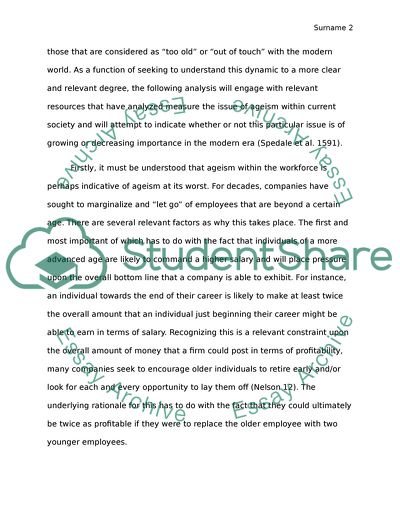Cite this document
(Personality & Individual Differences Research Paper, n.d.)
Personality & Individual Differences Research Paper. Retrieved from https://studentshare.org/social-science/1847982-ageism
Personality & Individual Differences Research Paper. Retrieved from https://studentshare.org/social-science/1847982-ageism
(Personality & Individual Differences Research Paper)
Personality & Individual Differences Research Paper. https://studentshare.org/social-science/1847982-ageism.
Personality & Individual Differences Research Paper. https://studentshare.org/social-science/1847982-ageism.
“Personality & Individual Differences Research Paper”, n.d. https://studentshare.org/social-science/1847982-ageism.


